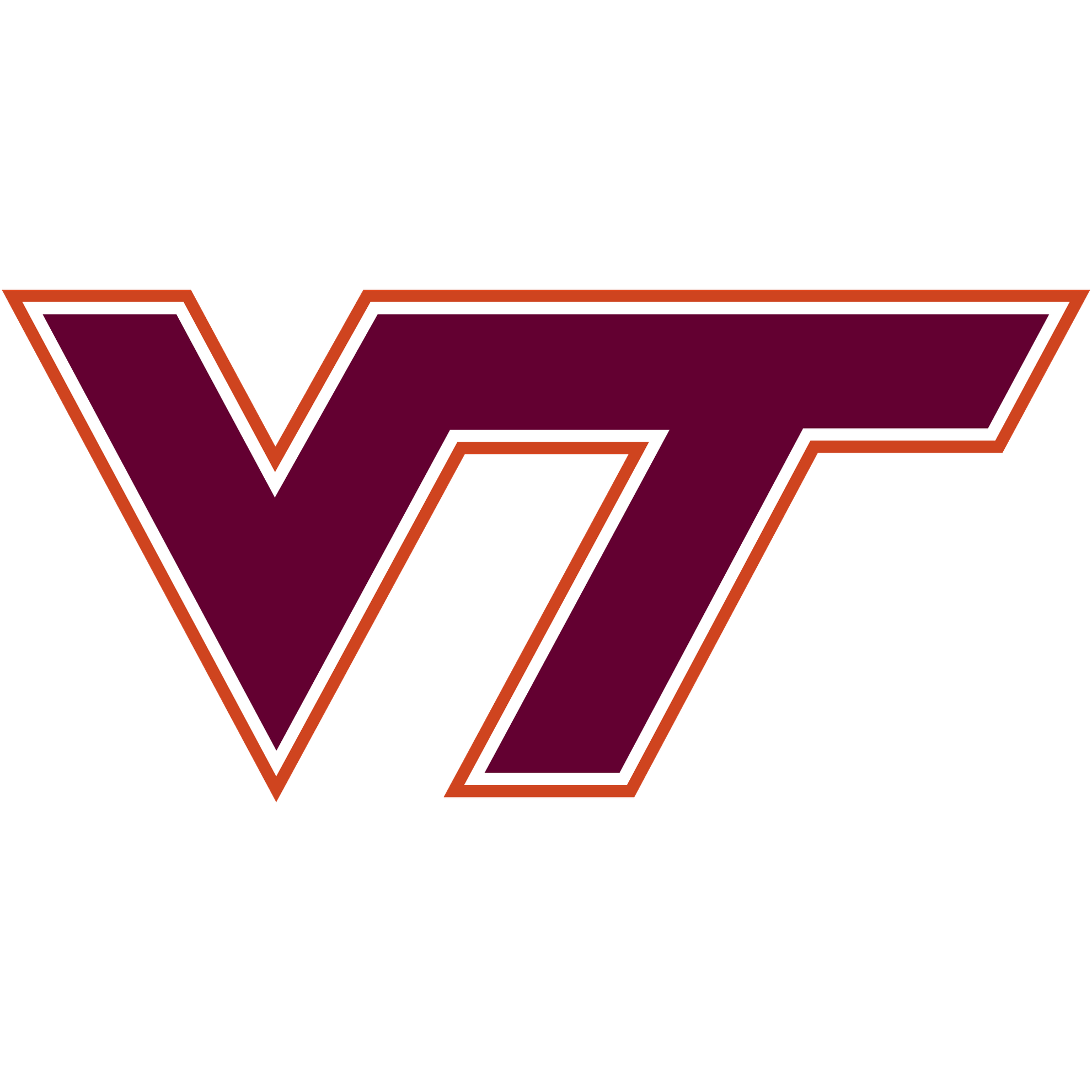The Virginia Tech Board of Visitors will meet in special session on Tuesday, Sept. 30, at 9:30 a.m.
This meeting will be livestreamed. Information for the public to watch the virtual meeting may be found on the Virginia Tech Board of Visitors website.
During the meeting, board members will consider a four-year athletics budget adjustment that would position the university’s athletics program to compete with the top programs in the Atlantic Coast Conference.
If approved, the proposed total additional investment would be $229 million over four years, which is intended to bridge funding to reach a sustainable financial position by the 2029 fiscal year. This amount includes both internal and external sources of funding.
As a supplement to the existing budget, the proposed budget amendment would be subject to all applicable legal and regulatory requirements. Given the changing collegiate athletics environment and potential shifts in future economic conditions, the board would reserve the ability to amend the supplementary budget for any fiscal year as necessary.
University leaders believe the proposed amended budget, if approved, will position Virginia Tech to compete at the highest levels of the conference resulting in significant increase in media rights and conference revenue. This proposed investment would be a shared responsibility between the university and donors, involving a targeted fundraising campaign seeking to raise $120 million in new funding over four years.
The proposal calls for limited increases in student fees in future years, consistent with state limitations. Virginia Tech currently maintains the lowest student fee of any public university in the Commonwealth. The proposed budget amendment before the board Sept. 30 will not impact current academic operations.
The landscape of intercollegiate athletics nationwide has evolved dramatically over the past year. The gap between top-tier programs and all other programs has widened.
Without additional investment, the university and the region risk declining revenues. Potential losses to existing university revenues such as media rights, ticket sales, and sponsorships, for example, would likely have a negative impact on non-revenue sports, brand value, and alumni connection.
Attracting more than 500,000 visitors to the university and region annually, the potential loss of competitive sports programs would also have broader impacts on the community and region, including the possible loss of lodging, meals and sales tax revenue, affiliated jobs, and community vibrancy.
The proposed action provides an opportunity to make a key strategic investment recognizing the contribution of Virginia Tech Athletics to the Hokie experience for many students, employees, alumni and fans.
